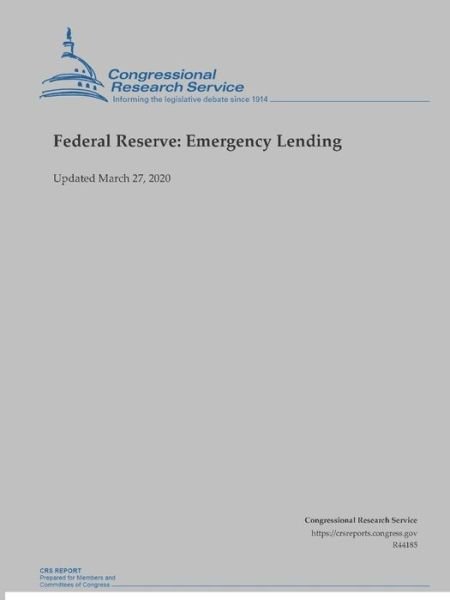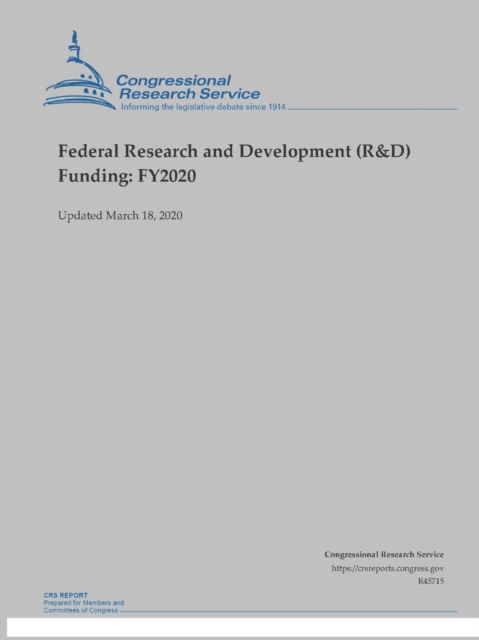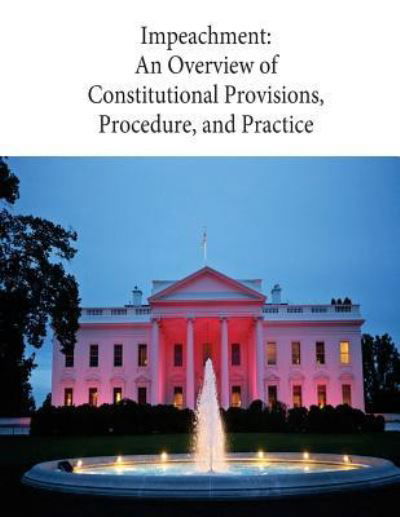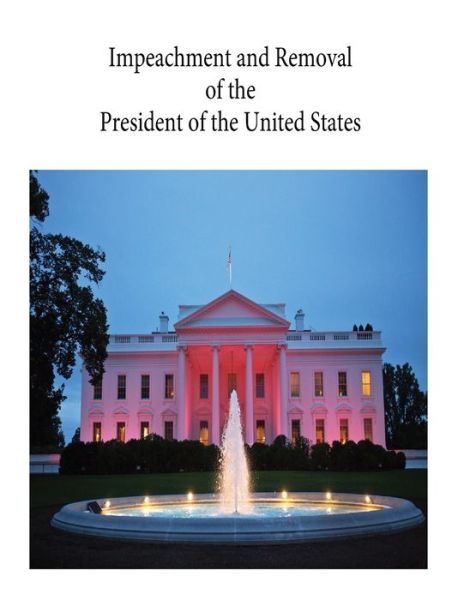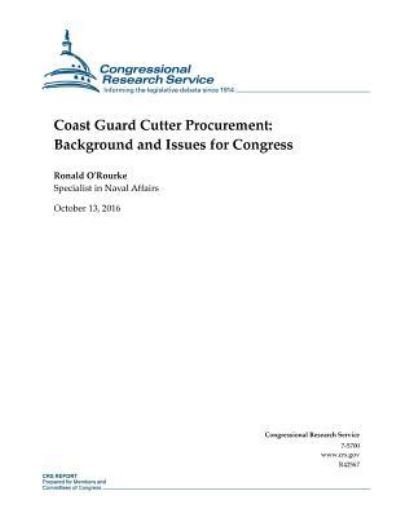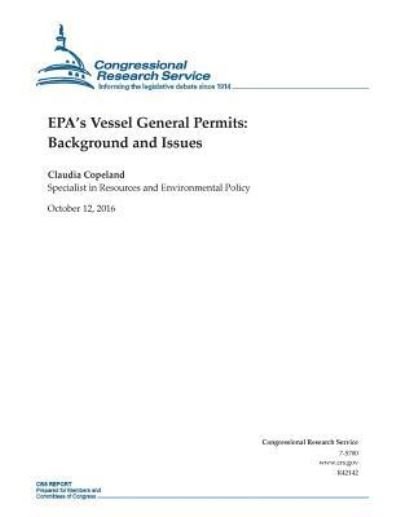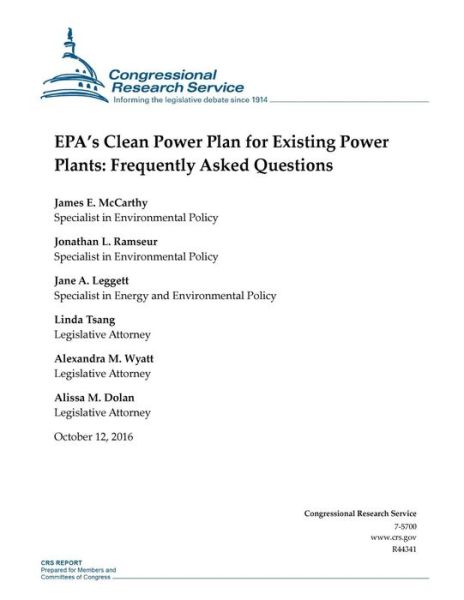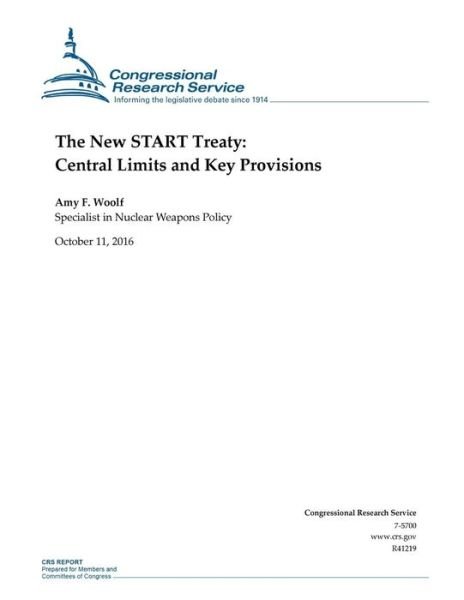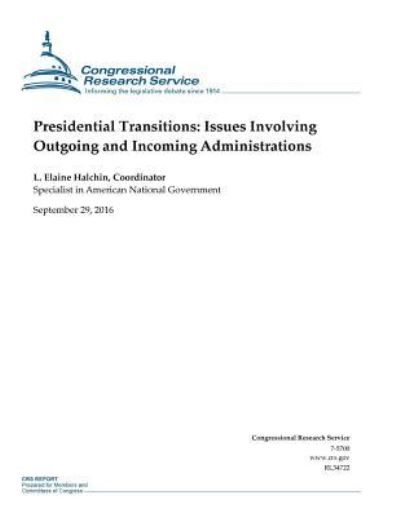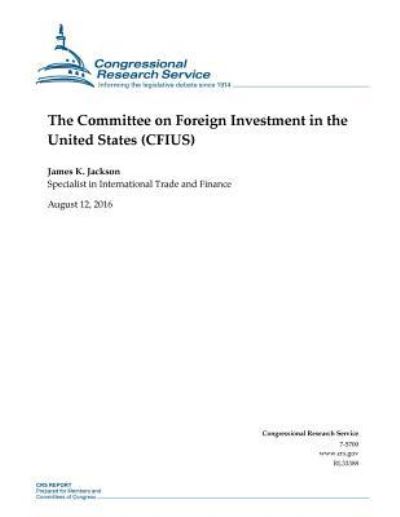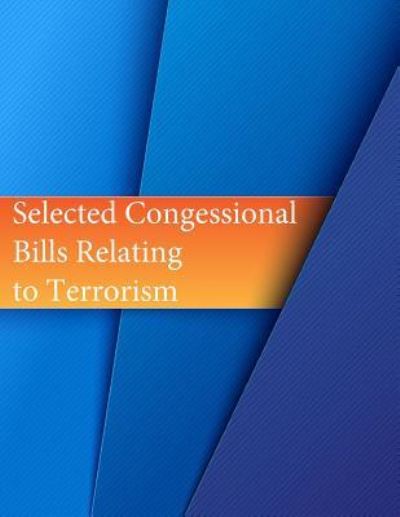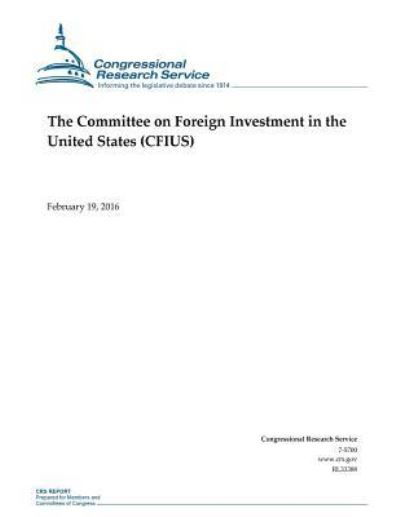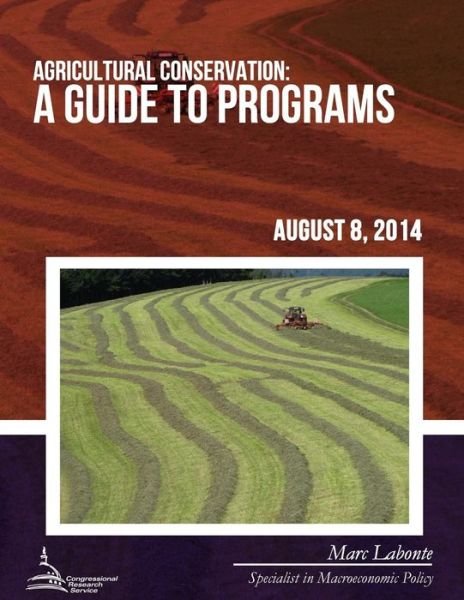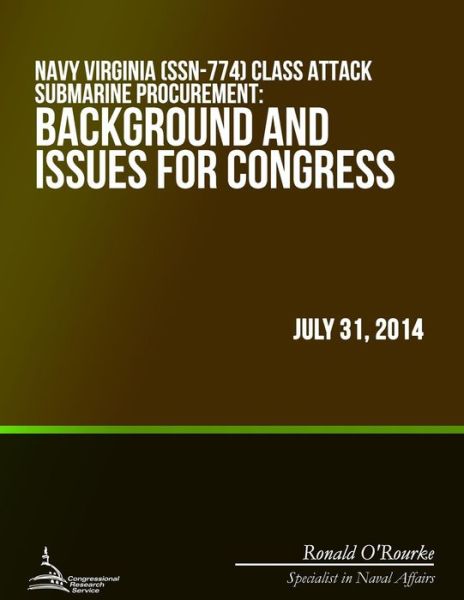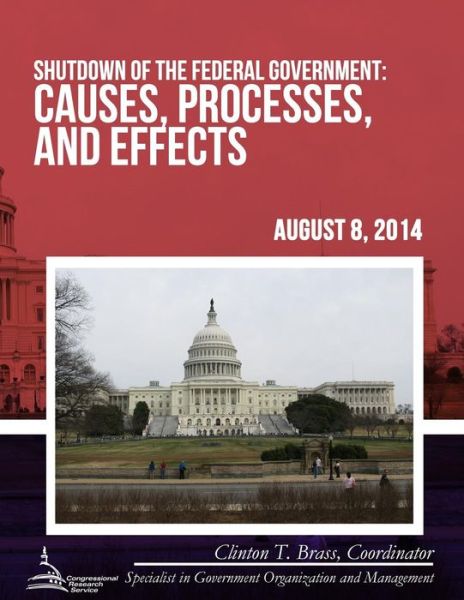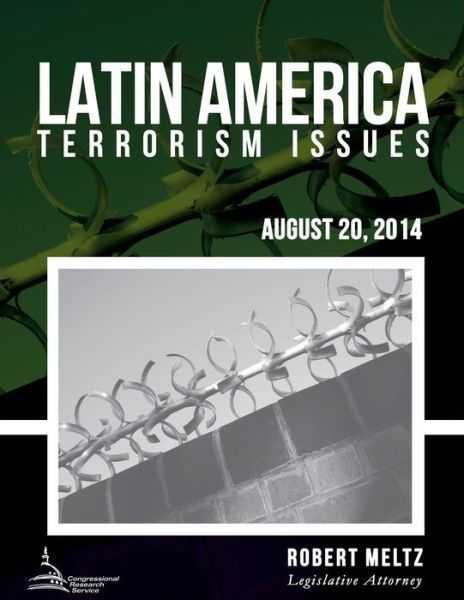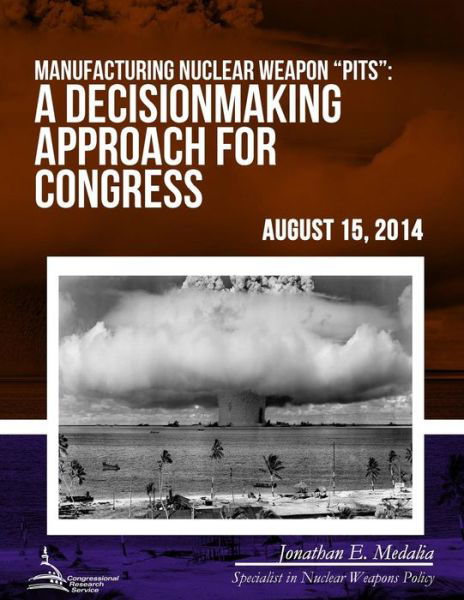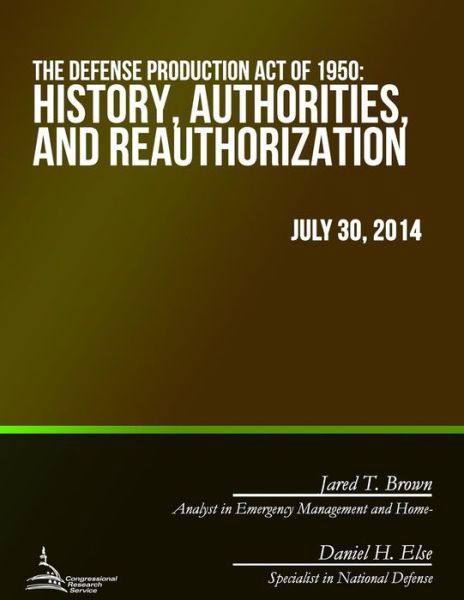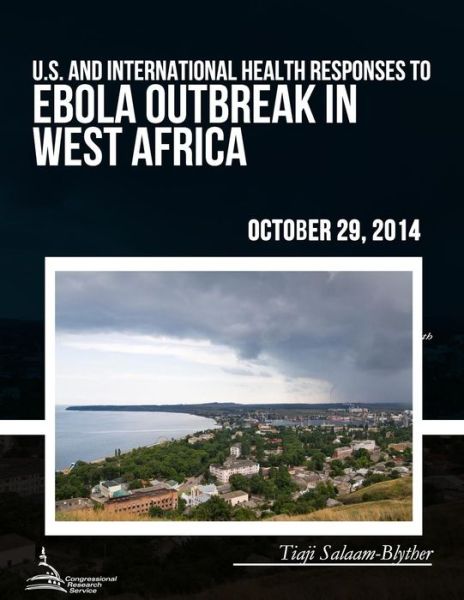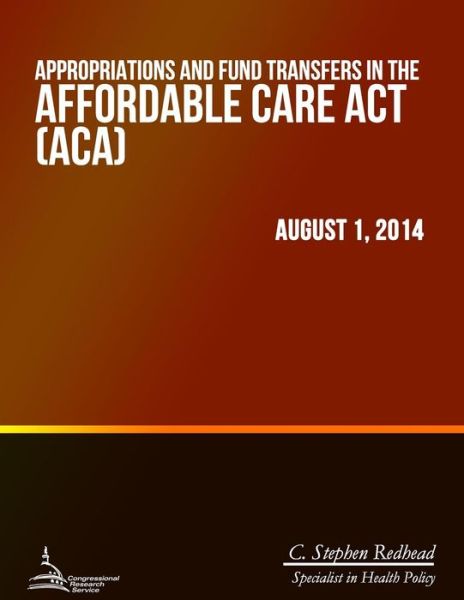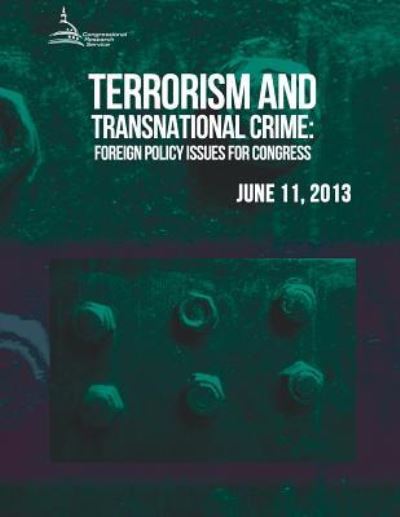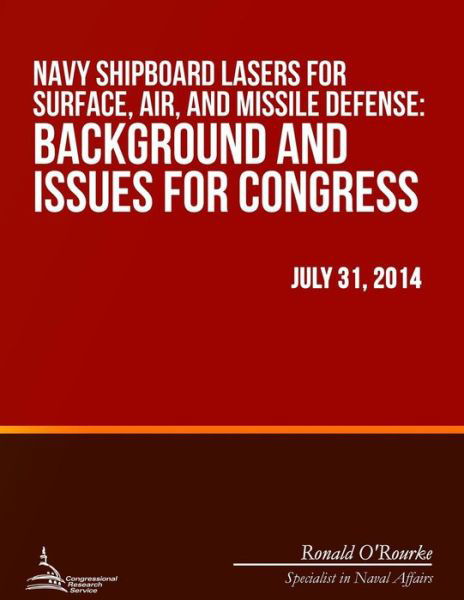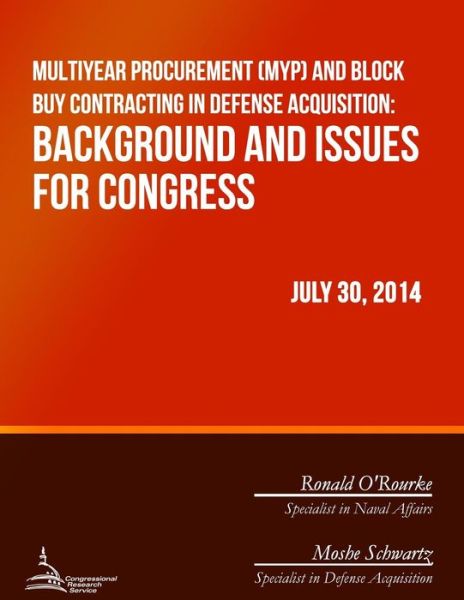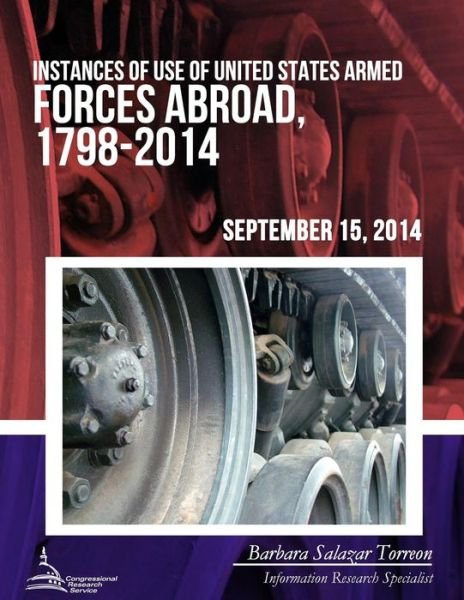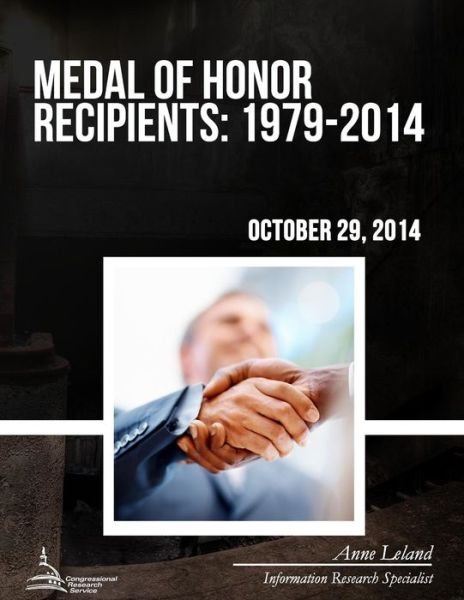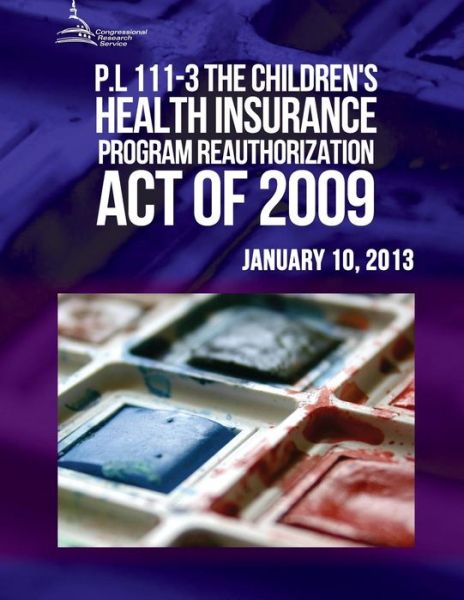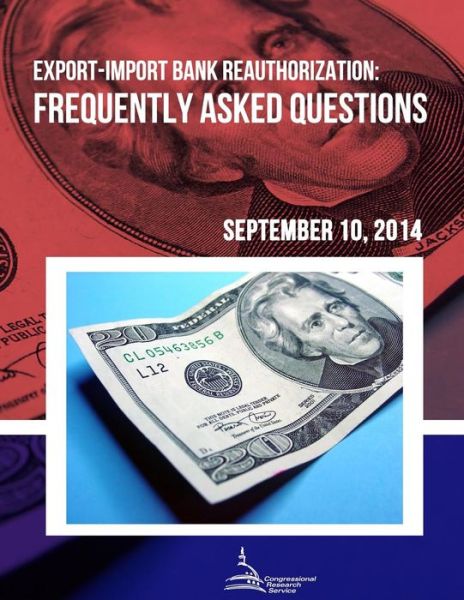
Powiedz znajomym o tym przedmiocie:
Methane and Other Air Pollution Issues in Natural Gas Systems
Congressional Research Service
Methane and Other Air Pollution Issues in Natural Gas Systems
Congressional Research Service
Natural Gas Systems and Air Pollution Recent expansion in natural gas production, primarily as a result of new or improved technologies (e.g., hydraulic fracturing, directional drilling) used on unconventional resources (e.g., shale, tight sands, and coalbed methane) has made natural gas an increasingly significant component in the U. S. energy supply. This expansion, however, has prompted questions about the potential impacts of natural gas systems on human health and on air quality. The natural gas supply chain contributes to air pollution in several ways, including (1) the leaking, venting, and combustion of natural gas in the course of production operations; and (2) the combustion of other fossil fuel resources or other emissions during associated operations. Pollutants include methane and volatile organic compounds (VOCs)-of which the natural gas industry is one of the highest-emitting industrial sectors - and various forms of hazardous air pollutants (HAPs). Federal Air Standards for the Sector Under the Obama Administration, the U. S. Environmental Protection Agency (EPA) promulgated air standards for several source categories in the crude oil and natural gas sector on August 16, 2012. These standards revise previously existing rules and promulgate new ones to regulate emissions of VOCs, SO2, and HAPs from many production and processing activities that had never before been covered by federal standards (including, most notably, VOC controls on new hydraulically fractured natural gas wells). In an extension of these regulations, and in conjunction with the Obama Administration's Climate Action Plan, EPA promulgated additional rules in 2016 to set standards for emissions not covered by the 2012 rule. Further, the U. S. Department of the Interior, Bureau of Land Management (BLM), promulgated a "Waste Prevention, Production Subject to Royalties, and Resource Conservation" rule in 2016 to target natural gas emissions on federal and Indian lands. In a direct response to the Obama-era standards, and in line with his campaign promises, President Trump signed Executive Order 13783 on March 28, 2017. The order-entitled "Promoting Energy Independence and Economic Growth"-requires agencies to review existing regulations and "appropriately suspend, revise, or rescind those that unduly burden" domestic energy production and use. Section 7 of the order specifically directs the EPA Administrator and the Secretary of the Interior to review several regulations related to domestic oil and gas development, including EPA's 2016 methane standards and BLM's 2016 waste prevention rule. In June 2017, both EPA and BLM announced plans to postpone the compliance dates for certain sections of the standards, pursuant to the Clean Air Act and the Administrative Procedure Act (APA), while the agencies work through the reconsideration process. On July 3, 2017, the U. S. Court of Appeals for the District of Columbia Circuit vacated EPA's administrative stay of the 2016 methane standards. On October 4, 2017, the U. S. District Court for the Northern District of California ruled against BLM's delay. Both agencies have since proposed rulemakings to postpone and/or rescind certain requirements of the rules. Scope and Purpose of This Report This report provides information on the natural gas industry and the types and sources of air pollutants in the sector. It examines the role of the federal government in regulating these emissions, including the provisions in the Clean Air Act and other statutes, and EPA's and other agencies' regulatory activities. It concludes with a brief discussion of a number of issues under debate, including defining the roles of industry and local, state, and federal governments; establishing comprehensive emissions data; determining the proper control of pollutants and sources; understanding the human health and environmental impacts of emissions; and estimating the costs of pollution abatement.
| Media | Książki Paperback Book (Książka z miękką okładką i klejonym grzbietem) |
| Wydane | 10 marca 2018 |
| ISBN13 | 9781986398442 |
| Wydawcy | Createspace Independent Publishing Platf |
| Strony | 32 |
| Wymiary | 216 × 279 × 2 mm · 99 g |
| Język | English |
Więcej od Congressional Research Service
Zobacz wszystko od Congressional Research Service ( np. Paperback Book i Book )

 Świąteczne prezenty można zwracać do 31 stycznia
Świąteczne prezenty można zwracać do 31 stycznia


